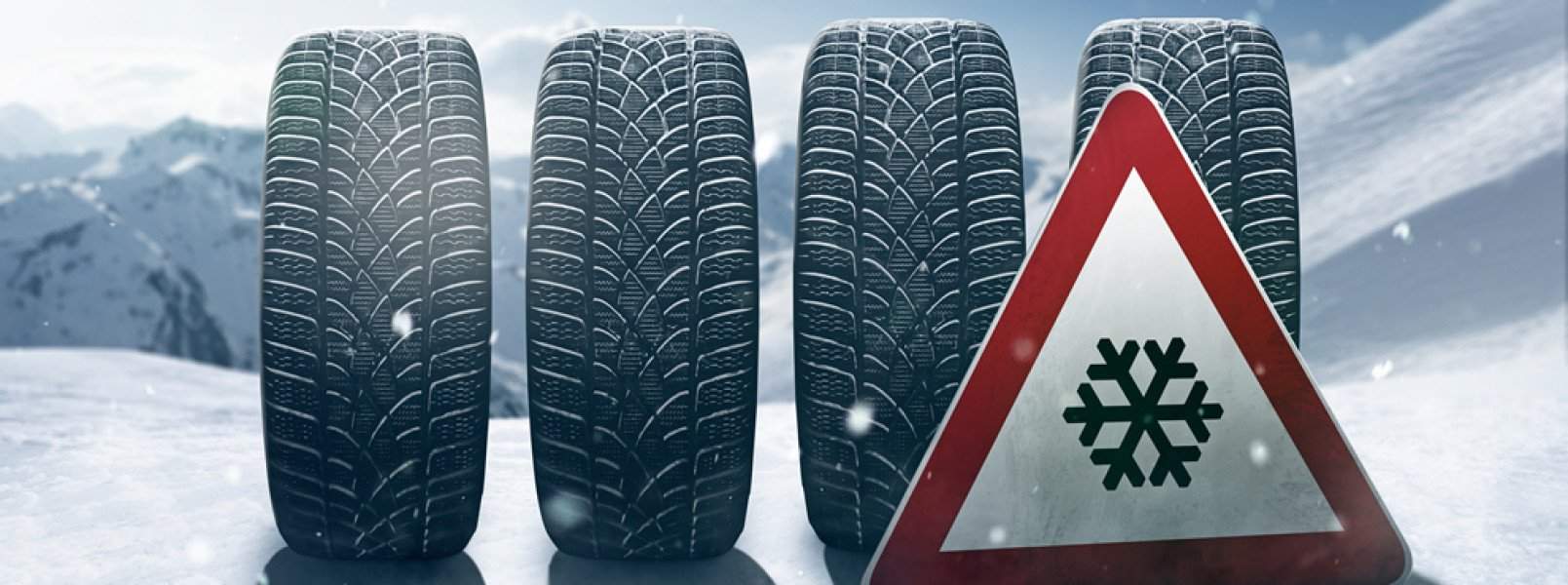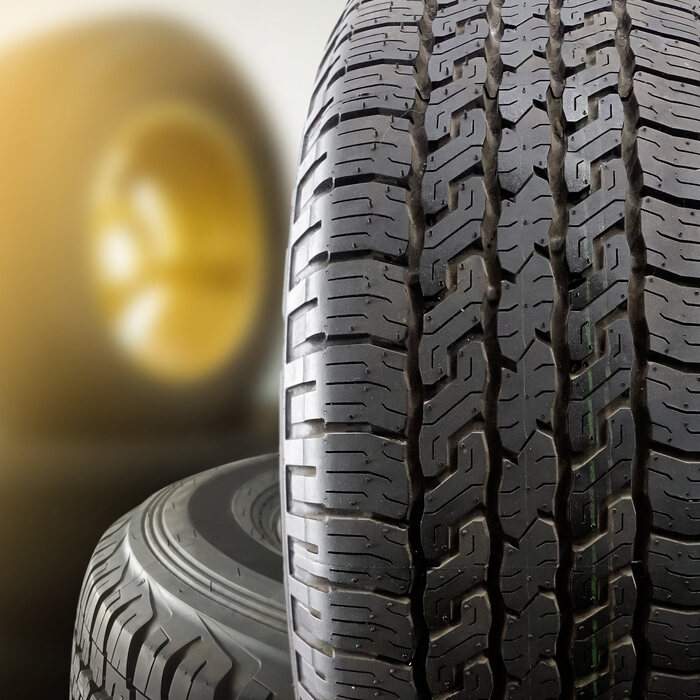
Winter Tyres
Find your tyres
Use the registration lookup / tyre size search boxes to see personalised results for your vehicle
Buy tyres online at great prices
HOW TO CHECK YOUR TYRE SIZE
You can find your car’s tyre size written on the sidewall of your current set of tyres, in your vehicle’s handbook or on a sticker in the door jam or inside the fuel cap door. When buying new tyres you should only go for ones that have these same numbers to ensure a good fit

Please enter your vehicle registration number or tyre size above to be shown winter tyres suitable for your vehicle
What’s the difference between winter tyres and summer tyres?
Winter tyres are designed to provide safe, reliable performance at temperatures below about 5-7 degrees celsius. In warmer months, when road conditions remain well above freezing, summer tyres are generally fine on both wet and dry road surfaces. During the winter months, we recommend you buy winter tyres to be prepared for the colder conditions.
As you’d expect, all-season models land somewhere between the two in terms of capabilities and performance. You may choose to buy all-season tyres online if you live in a climate that’s often very wet, but where temperatures tend to hover in the low single digits (C) without dropping to freezing.
There are three key differences between winter tyres and summer versions - tyre structure, tyre compound, and tyre tread pattern.
Why are winter tyres best in cold weather?
- Summer vs winter tyre structure
- This can range from snow and ice to very wet surfaces, or very cold and dry roads
- Cold weather tyres are designed to provide enhanced braking performance on slippery surfaces - particularly on snow, ice and slush - whereas summer tyres simply don’t offer enough traction
- Summer vs winter tyre compound
- The mix of materials used to make a car tyre changes, depending on the seasons and conditions a given tyre is designed for use in
- Cold weather tyre compounds tend to feature a higher percentage of natural rubber than stiffer summer versions, making winter tyres softer
- The softer compound means that tyres designed for freezing conditions remain supple even at very cold temperatures, whereas summer tyres will become too hard and brittle
- This enables cold weather tyres to provide far better grip on cold roads, interlocking with the surface
- Summer vs winter tyre tread pattern
- The tread pattern on winter tyres is significantly deeper than on summer tyres, which gives far better grip on snow, slush and ice
- Part of the science behind a deeper tyre tread is that it actually helps to retain a small amount of snow or slush in the cavities and grooves, giving far better traction between the snow on the road surface and in the tyre
- Winter tyres also feature a much higher concentration of sipes (sideways or zig-zagging grooves) cut into the tread blocks - this gives added ‘bite’, while also helping disperse water for a reduced risk of skidding or aquaplaning
When should I change to winter tyres?
You should have winter tyres fitted any time the temperatures drop into the low single figures (C) or below.
In colder weather, typically below about 5-7 celsius, harder summer tyres won’t be able to soften up enough during normal road driving to provide the grip you need. Stiffer compounds are also at greatly increased risk of cracking or chipping when they’re cold, which will mean you have to replace them immediately.
Cold weather tyres perform far better in freezing weather conditions, including on snow, ice, slush, and freezing dry roads. Handling response and braking distances will be improved dramatically when running even budget winter tyres in these conditions, versus inappropriate summer versions.
Can I keep winter tyres fitted in warmer weather?
You shouldn’t leave winter tyres on your car during the summer months. It’s far more sensible (and a lot cheaper in the long run!) to switch to all-season or summer tyres at warmer temperatures. There are several very good reasons for this:
- Running soft winter tyres on warm road surfaces will wear them out very quickly
- Tyre lifespan can be reduced by as much as 60%
- Winter tyres left on vehicles in warmer weather will perform badly in terms of handling and braking
- They’re too soft on warm, dry roads to provide enough grip for sudden turns and manoeuvres - handling response will feel sluggish
- Braking distances will be significantly increased - at least 10% longer on dry roads, and around 25% longer in the wet
- Fuel will end up costing you more, because softened winter tyres have a much higher rolling resistance than summer or all-season tyres
- For the same reason, the general ride quality will be much less smooth on winter tyres at higher temperatures
Customer services: 01908 222208 [email protected]Calls are recorded for training purposes






 Same Day Fitting. Order By 10:30am
Same Day Fitting. Order By 10:30am
 39 Nationwide Fitting Centres
39 Nationwide Fitting Centres
 5 Year Warranty On All Tyres
5 Year Warranty On All Tyres
 Price Check Promise. Always Great Deals
Price Check Promise. Always Great Deals













.jpg)


 Find a Centre
Find a Centre


